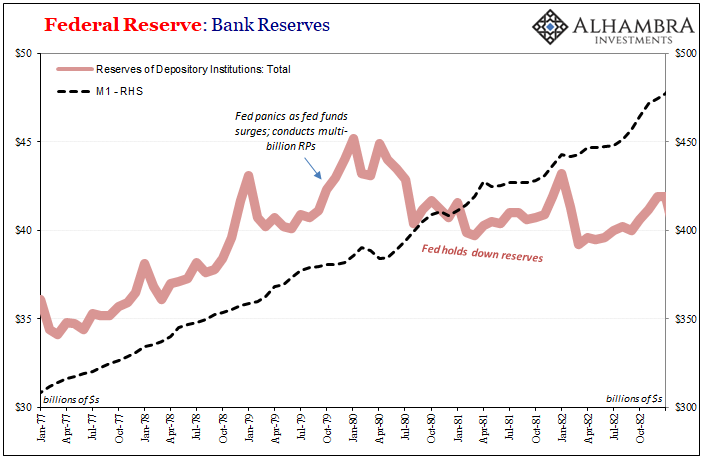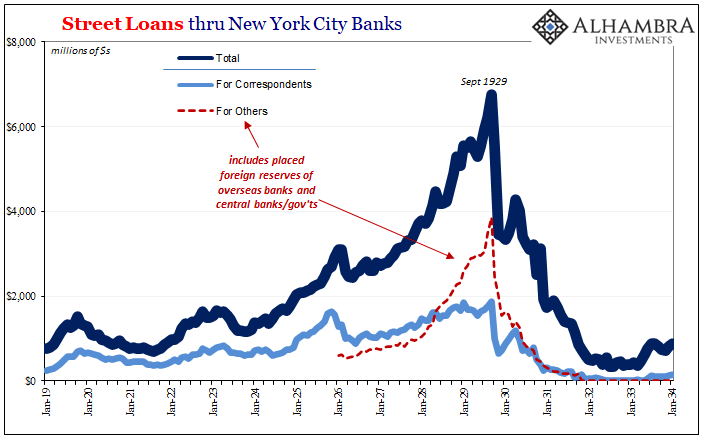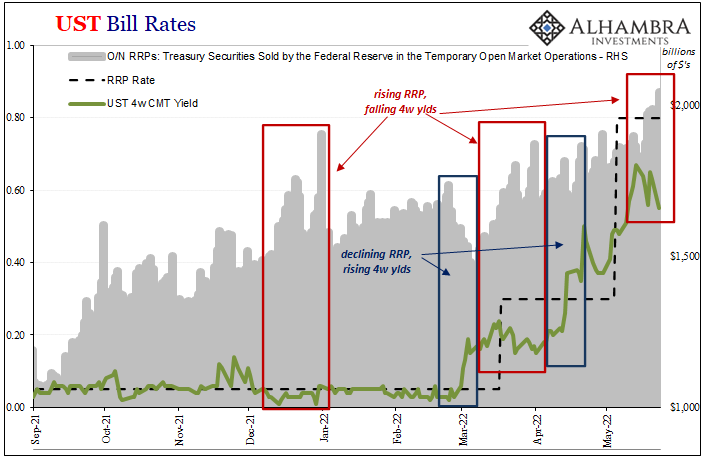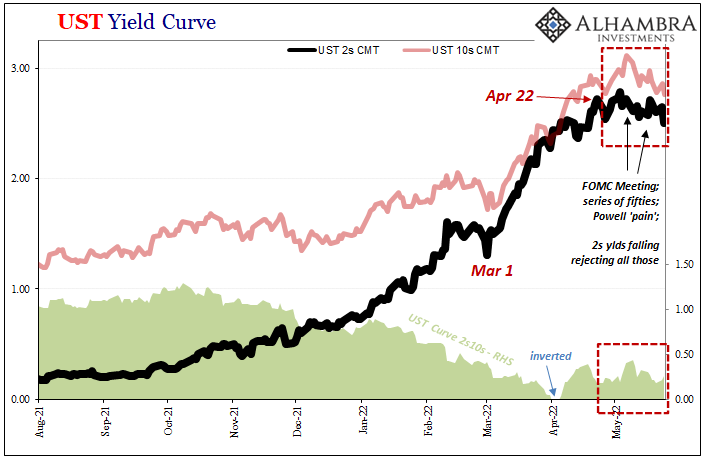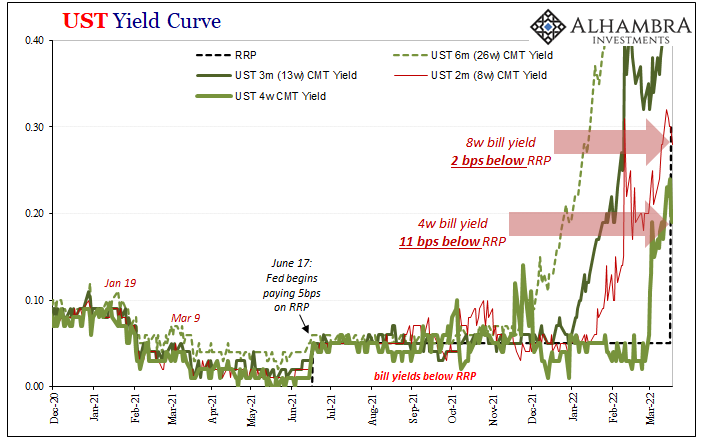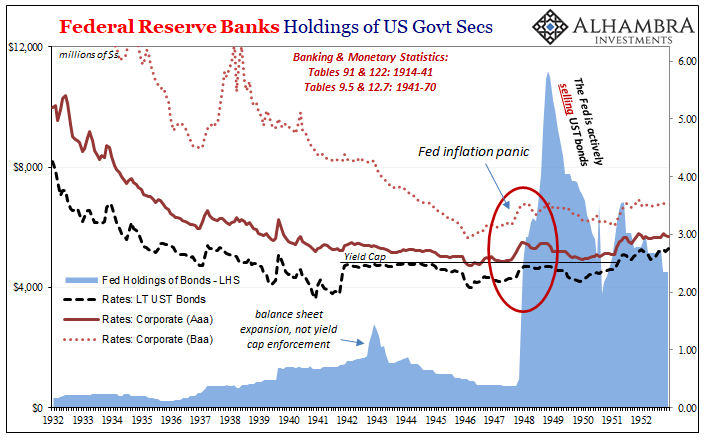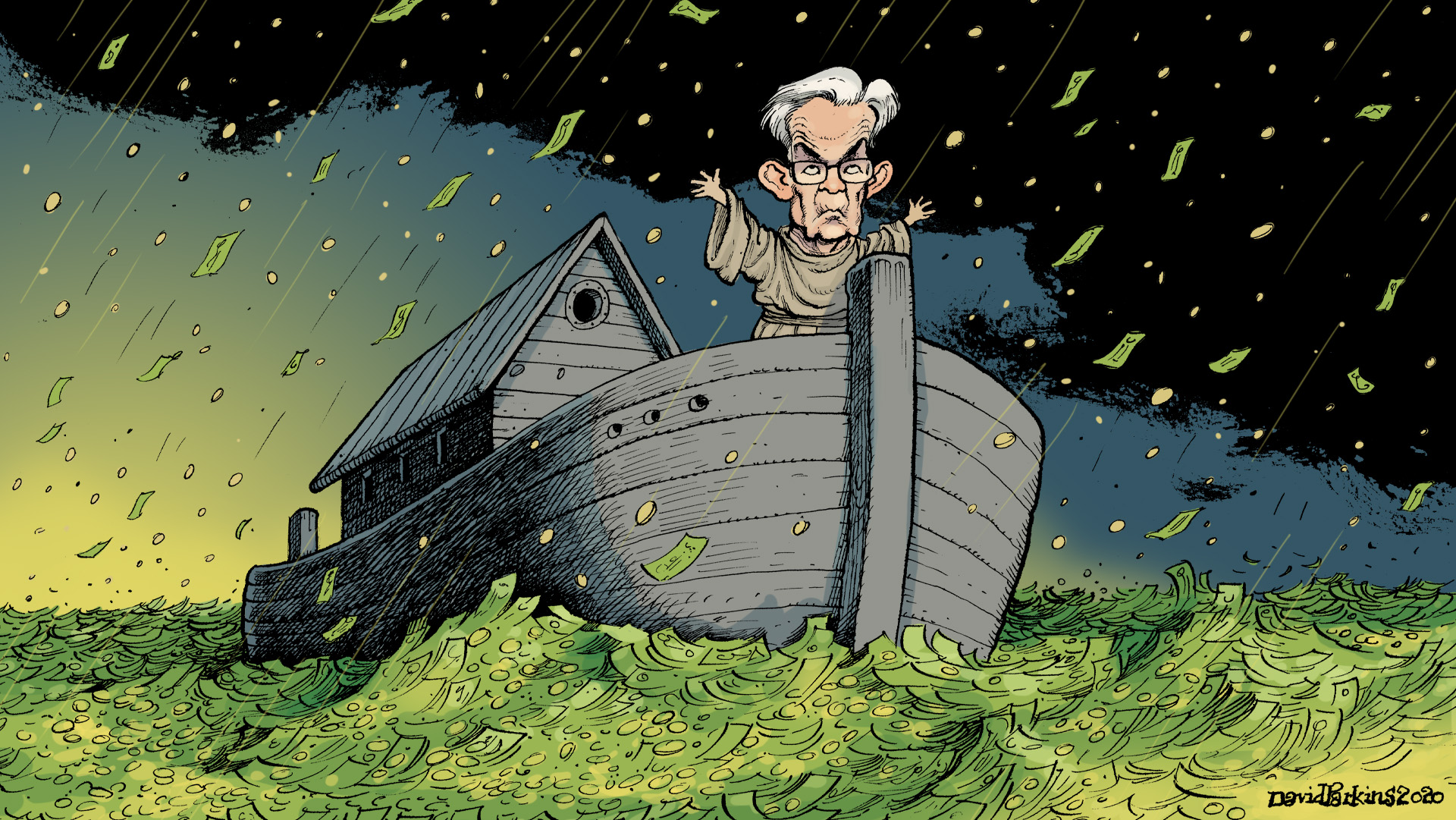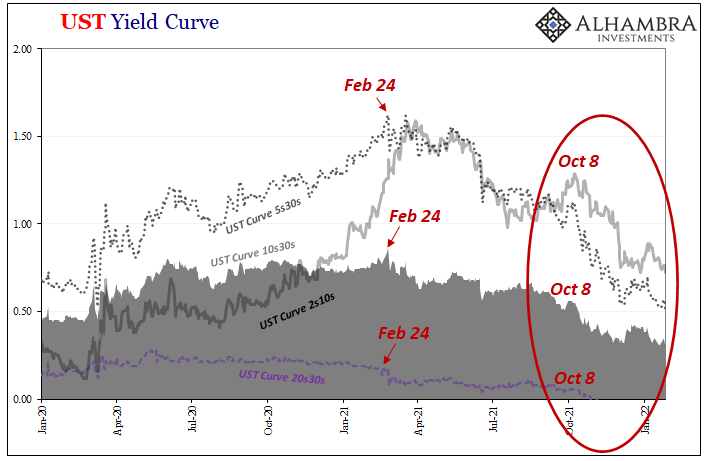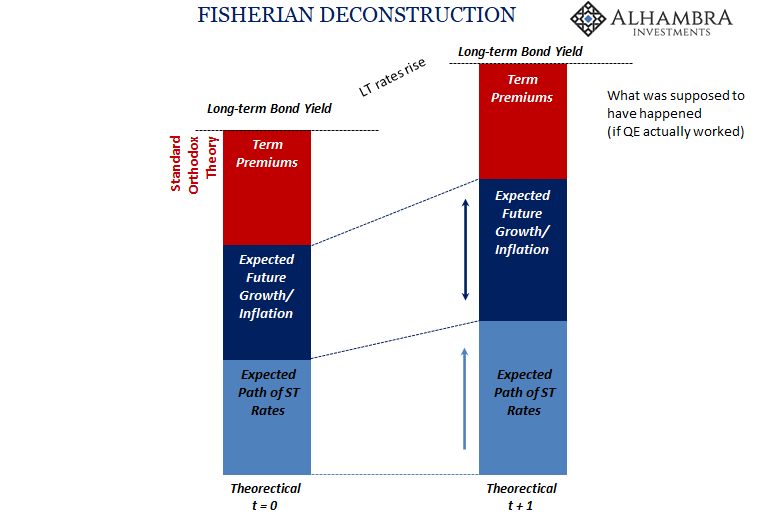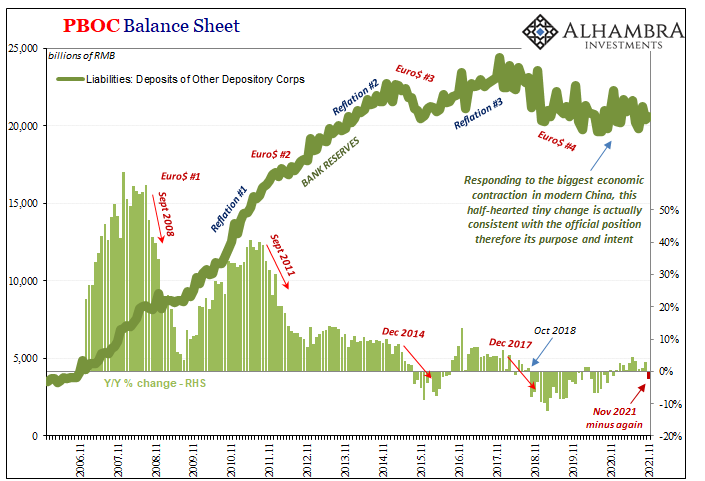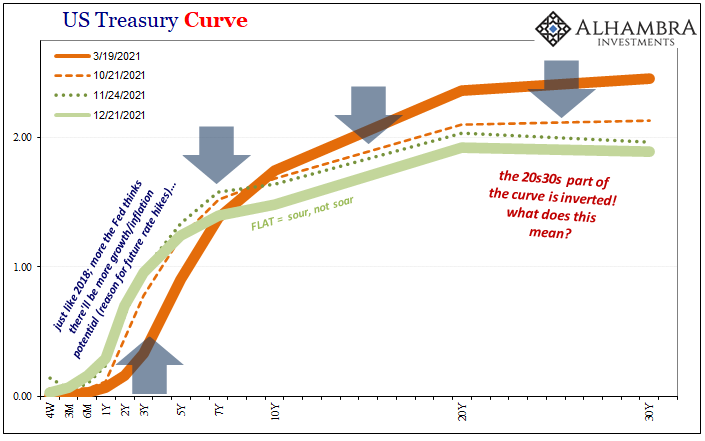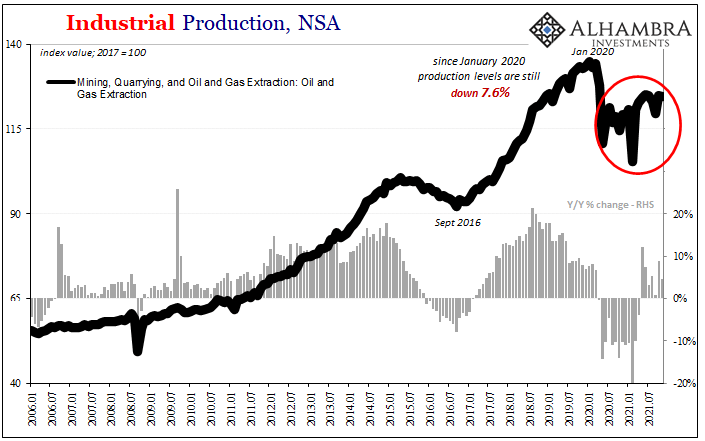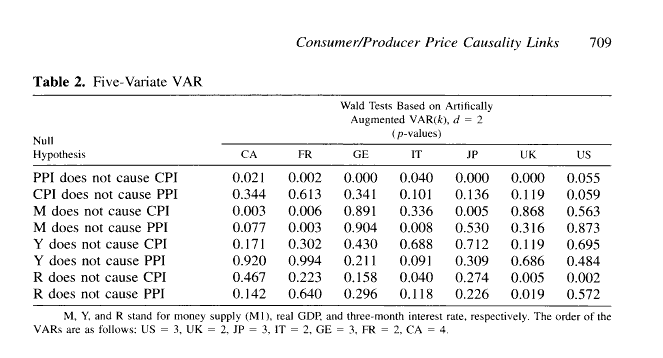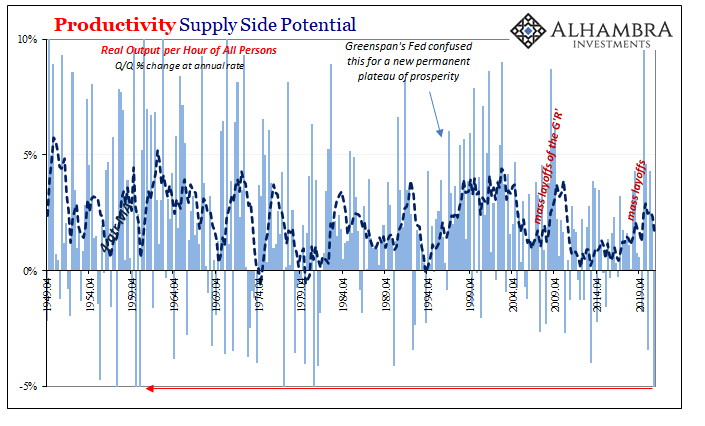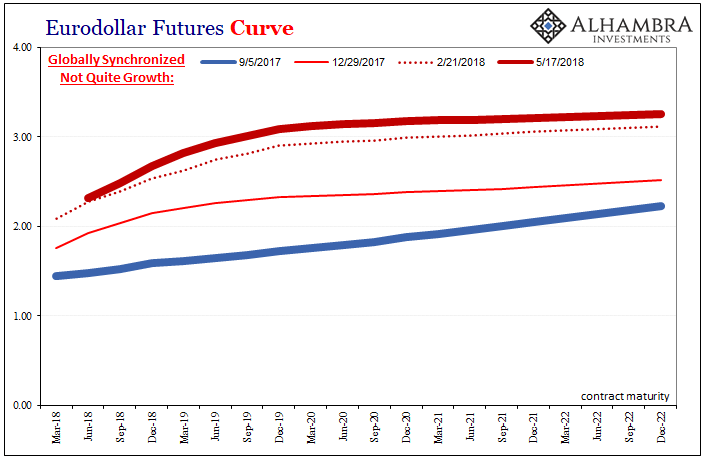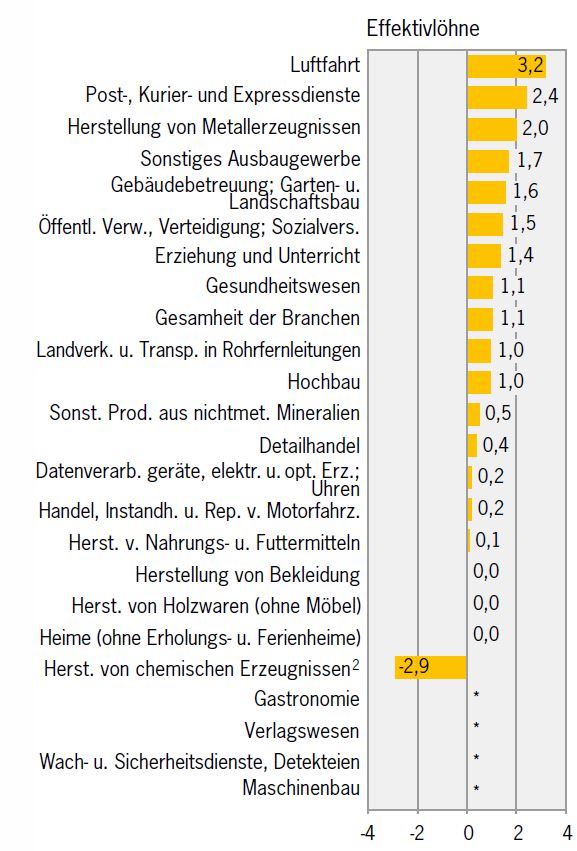 No signs of “deflationary pressures” that were so often mentioned by the Swiss National Bank (SNB).
No signs of “deflationary pressures” that were so often mentioned by the Swiss National Bank (SNB).
Swiss statistics published the 2012 survey of Swiss wages. Paid wages per hour (“Effektivlöhne”) rose by 1.1% in the year 2012, while they went up by 1.0% in 2011. The graph shows the increases by sector. Some like machinery or tourism saw no change, because they still fight with the (for them) strong franc. Working hours in the chemical and pharmaceutical industry increased due to higher demand, resulting in a fall in hourly wages (-2.9%).
In times of the “strong franc” in 2011, the chemical and pharmaceutical industry could even hike wages.
Many Swiss exports like pharmaceuticals, watches and luxury products are price-inelastic, while especially machinery has to fight with the German competition.
Due to the strong franc appreciation from EUR/CHF 1.40 to 1.20, the Swiss current account surplus fell from 15% of GDP in 2010 to 8% in 2011.
Since the floor introduction, producer prices have fallen, while euro zone production prices are up by 2.5%. This translated into better competitiveness even for price-sensitive products like machinery and an increase of the current account surplus from 8% in 2011 to 12% of GDP in Q1-Q3 2012.
Are you the author? Previous post See more for Next postTags: Deflation,Switzerland wages



















